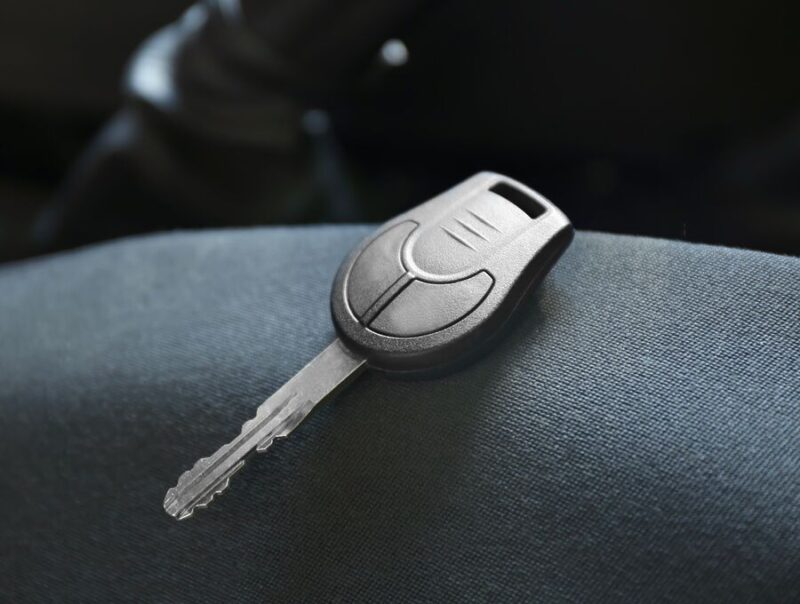Have you ever fumbled with your car key, only to feel that familiar dread when you notice its bent? Its a frustrating experience that can leave you feeling helpless, especially when you consider the cost of replacement and the hassle of dealing with a locksmith. Yet, many drivers dont realize that there are simple strategies to prevent this common mishap.
Whether you’re navigating the bustling streets of a city or parked comfortably at home, understanding how to protect your car key can save you time and money. In this article, we’ll explore practical tips and tricks to ensure your keys remain straight and functional, avoiding the pitfalls of bending and breaking.
Let’s dive into the world of car key care and keep your journey smooth and worry-free.
Common Causes of Bent Car Keys

Bent car keys can be a frustrating and often overlooked issue, arising from several common causes that many drivers might not immediately consider. First, one of the primary culprits is the simple act of applying too much force when inserting or turning the key, especially if its sticky or misaligned in the ignition.
Another major contributor is the weight of excess keychains—those bulky trinkets and unnecessary attachments can stress the key, warping it over time. Additionally, extreme temperatures can play a role; hot summers can soften the metal, while frigid winters can make them more brittle.
Lastly, wear and tear from using a key on worn locks can gradually distort its shape. Recognizing these causes is the first step in preventing a bent key from sidetracking your day.
Signs That Your Car Key is in Danger of Bending

Recognizing the signs that your car key may be on the verge of breaking is essential to prevent potential breakage. First, pay attention to any unusual resistance when inserting your key into the ignition or turning it; this can signal misalignment or fatigue in the metal.
Additionally, if you notice visible bends or twists along the shaft of the key, it’s a clear indication that stress has been applied. A key that occasionally sticks or requires extra effort to engage the ignition can also be a precursor to deeper issues.
Moreover, if the key feels loose in the ignition, it might be time to inspect it closely. Ignoring these subtle warnings can escalate into a frustrating scenario—don’t wait until it’s too late! Taking proactive measures can save you time and money down the road.
Tips to Prevent Your Car Key from Bending
To prevent your car key from bending, first, consider how you handle your keys daily. Avoid overloading your keychain with excessive key rings or bulky attachments—this extra weight can exert unnecessary pressure and lead to bending.
When inserting your key into the ignition, do so gently; a forceful push can flex the metal, compromising its integrity over time. Additionally, always store your keys in a secure, dedicated spot to minimize the risk of them being dropped or knocked against hard surfaces.
Regularly inspect your key for any signs of wear, such as cracks or bends, as addressing minor issues early can save you from a potential breakage later. Lastly, consider investing in a key fob or keyless entry system to reduce wear on traditional keys altogether. Taking these simple yet effective precautions can significantly prolong the life of your car key.
Conclusion

In conclusion, taking proactive steps to prevent your car key from bending can save you from the hassle and expense of a car key replacement. By being mindful of how you handle and store your keys, ensuring you’re using the right type of key for your vehicle, and considering the materials your key is made from, you can significantly reduce the risk of damage.
Regular maintenance and awareness of your key’s condition are also crucial. By following these guidelines, you can enjoy a hassle-free driving experience without the worry of a broken key disrupting your plans.


